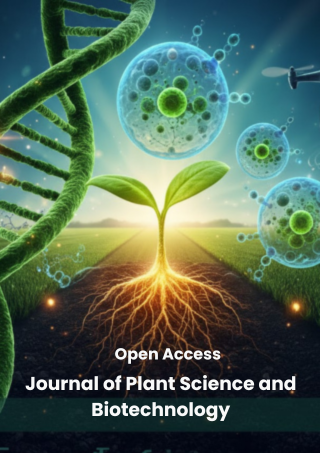Plant genetics and genomics
Plant genetics and genomics provide the blueprint for understanding how plants inherit, express, and adapt their traits. This area of research explores the structure, function, and regulation of plant genes, as well as the organization and evolution of entire genomes. Through advances in molecular markers, genome sequencing, transcriptomics, and functional genomics, scientists can identify genes responsible for key agronomic traits such as yield, stress tolerance, disease resistance, and nutritional quality. Modern genomics enables high-resolution mapping of genetic variation, comparative analysis across species, and precise insights into plant evolutionary history. Combined with computational biology and bioinformatics, these approaches allow the prediction and manipulation of complex traits that drive agricultural productivity. Applications extend to marker-assisted selection, genomic selection, and genome editing technologies like CRISPR/Cas, which accelerate the breeding of improved crop varieties. Research in plant genetics and genomics not only deepens our understanding of fundamental biological processes but also directly contributes to sustainable agriculture, conservation of biodiversity, and the development of climate-resilient crops. As genomic tools advance, this field continues to revolutionize plant science and biotechnology.
Article Processing Timeline
| 2-5 Days | Initial Quality & Plagiarism Check |
| 15 Days |
Peer Review Feedback |
| 85% | Acceptance Rate (after peer review) |
| 30-45 Days | Total article processing time |
Journal Flyer


